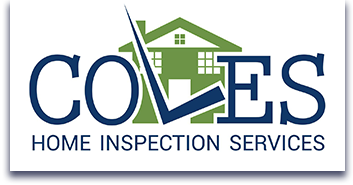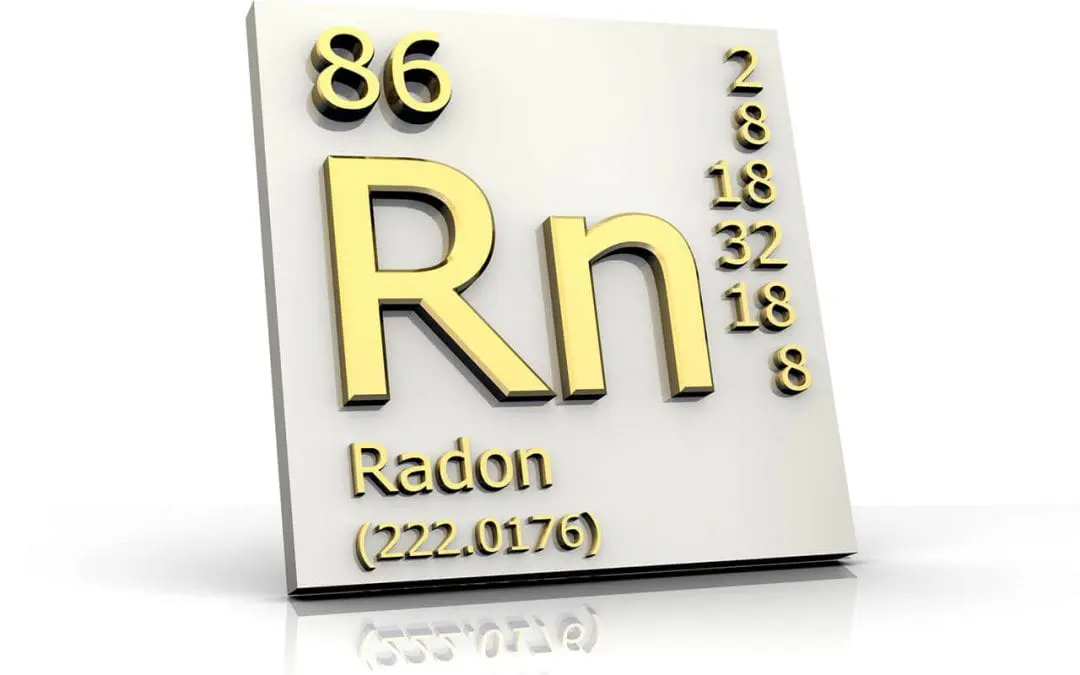A high level of radon gas is a serious matter and can be a problem in any home. While radon is more common in some areas of the country, everyone should be aware of the dangers of his carcinogenic gas. Learn more about radon to better understand why you should test for radon in the home.
Why Radon in the Home is Dangerous
Radon is a natural gas that occurs when radioactive uranium decomposes in the soil. This decomposition takes place deep underground and the radon gas filters upward through the soil. Exposure to radon can have serious consequences when you are exposed to high levels for an extended period of time. These are a few of the leading reasons why you will want to test for radon in the home.
1. It is a Carcinogenic Gas
Radon is a carcinogenic gas that is directly linked to lung cancer. In fact, it is listed second only to smoking as the leading cause of lung cancer in the United States. While radon is found in trace amounts outdoors, exposure to high levels indoors can have fatal consequences.
2. Radon in the Home is Difficult to Detect
The gas has no taste or odor, and it is invisible. Many people are not aware of the dangers of radon, so they fail to test for it. By neglecting to test for radon gas, the home’s occupants continue to be exposed to radon in the home. Most do not realize that they have been exposed to radon gas until after they have been diagnosed with lung cancer.
3. Easy Entrance
When a home’s foundation is laid, it creates pressure. This pressure causes a suction that forces radon gas upward. Radon easily enters the home through foundation cracks and other tiny crevices. Without proper mitigation techniques, the gas continues to enter the home and accumulate over time.
4. Increasing Levels
Homes today are designed to be much more energy-efficient than homes built several decades ago. These homes are well-sealed to keep climate-controlled air in the home. Unfortunately, this also means that radon gas in the home is unable to escape. As radon continues to enter the home, the home’s occupants are exposed to increasingly dangerous levels.
The best way to determine if radon is in your home is to schedule professional testing. If testing reveals that you have high levels of radon, take mitigation steps to improve air quality and to decrease the risk of developing lung cancer. Periodic testing is essential to be certain mitigation is successful and so you know of any developing issues.
Cole’s Inspection Services provides home radon testing to Statesville, NC, and the surrounding areas. Contact us to schedule your radon test and inspection services.

